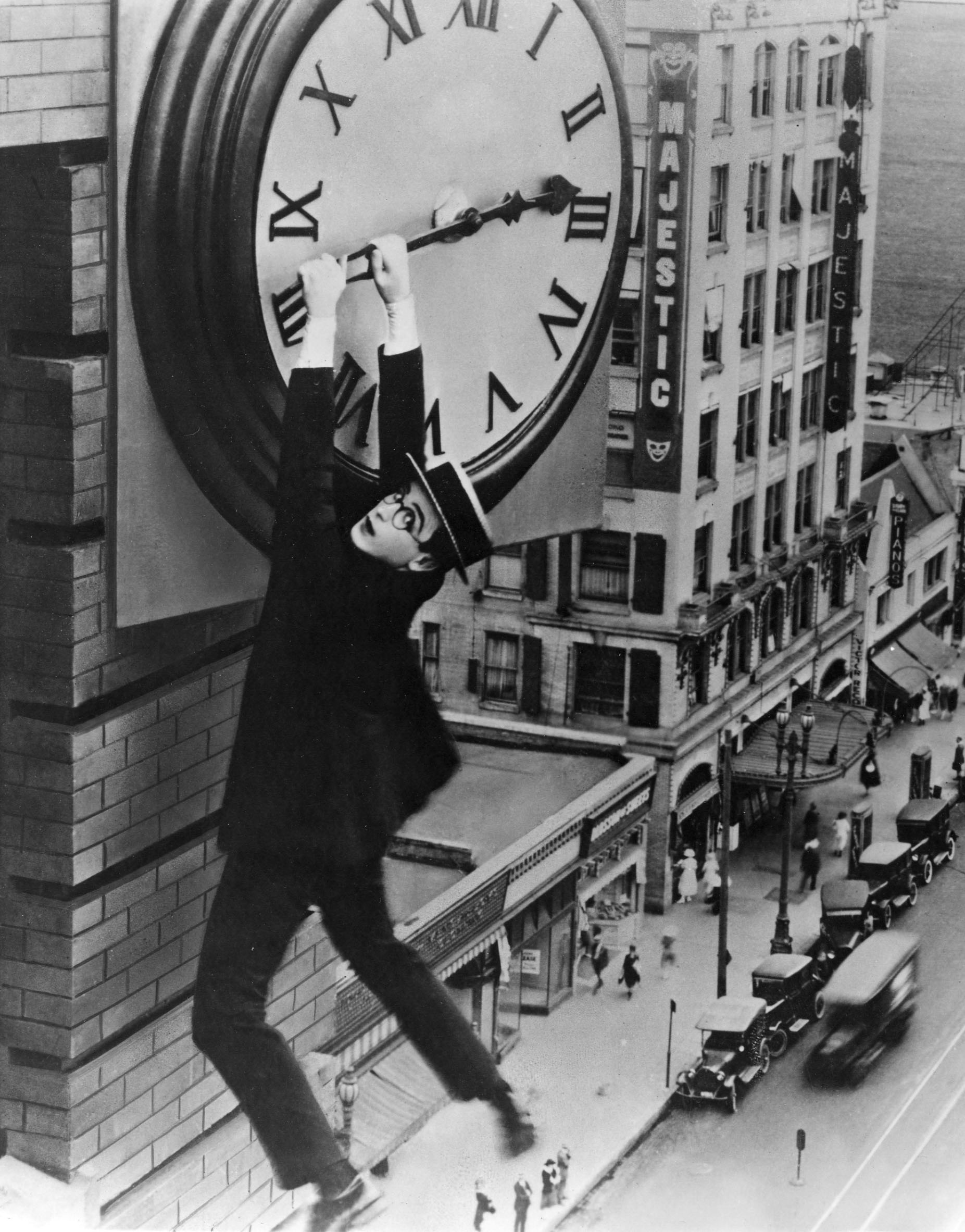New Year’s Resolutions.
Love ‘em or hate ‘em, these end-of-the-year desperate attempts to decide firmly on a course of action to either do, or not do, something (most commonly to change habits, patterns, and behaviors) will be made every year by billions of people all over the world. Even though many of us know from past experience that, for most people, these resolutions have a low probability of being honored and a high probability of being broken or ignored or forgotten.
So, why do we proclaim our intentions to better ourselves at the beginning of a “New Year” instead of just making incremental positive changes over the course of 365 days — or even more generally, over the course of a lifetime?
Why do temporal landmarks—like birthdays and holidays, and the start of a week, a month, or a year—motivate aspirational behavior?
What makes us think that a calendar date has any relevance whatsoever to the success of making profound changes in our lives?
The key to answering those questions about resolutions can be found by understanding the connection between the root causes of procrastination, temporal landmarks, and something called “the fresh start effect.”
Even though a temporal landmark, such as a birthday or a new year, is a social construct, it is perceived by most people to be the beginning of a distinctly new cycle—analogous to the transition of winter into spring, with all the expectant metaphors of death and rebirth. This seems like the perfect time and opportunity for many people to jettison bad habits and set positive goals that will create the best version of the person they see when they look in a mirror.
And, when a person pairs their life changing goals with a temporal landmark, they are essentially wishing and willing their past and present self to die and begin the process of distancing themselves from those selves by creating a list of ingredients [resolutions] that will give them a fresh start to become a newly reborn better future self.
And what is the number one obstacle to change? It’s procrastination, of course.
You can say you want to start losing weight tomorrow, or quit smoking a pack of cigarettes a day starting on Monday, or stop drinking a bottle of wine every night starting on January 1, but it ain’t gonna happen if you keep procrastinating and postponing yours goals for another day.
Procrastination is the enemy of self-growth and evolution. It’s the invisible golem on your shoulder that will give you a dozen or more reasons why you shouldn’t even attempt to do something that, deep down to your core being, you know you should do to survive and thrive. “Why bother,” the golem says. “You will probably fail.” And if that’s not enough to discourage you: “You’re a perfectionist and results may vary so what’s the point. You’re depressed and depressed people lack motivation. You’re indecisive, you have poor time management skills, you don’t prioritize, you’re full of anxiety, you have health issues, you have ADHD, and blah blah blah.”
Do not listen to the procrastination golem. It is a Frankenstein’s monster of your own creation. You brought it into existence and you can take it out. Visualize it, slap a piece of duct tape over its mouth, and destroy it. Go nuclear, if that’s what it takes to annihilate your inner critic and primary obstacle to positive self-change and growth.
By the way, when most people proclaim their resolutions, they are not simply stating their intentions to a broader audience—it is actually a cry for help. These people are asking others for accountability because they are self-aware enough to know they lack the willpower or motivation to ignore the negative nattering of their personal procrastination golems and keep their promises to themselves, if they keep their resolutions to themselves.
So, my advice to you, my friends, is to set your goals and make your resolutions and proclaim them for others to read — and forget about using calendar dates as temporal landmarks.
Our lives are not measured in birthdays and “new” years, they’re measured in heartbeats. And the average number of heartbeats we have is approximately sixty to a hundred beats every minute, a hundred thousand beats every day, and about thirty-five million beats in a year.
Resolve to make each one of those heartbeats a beat shift in the through line of your life and a step forward in the exact direction you want to take yourself.
